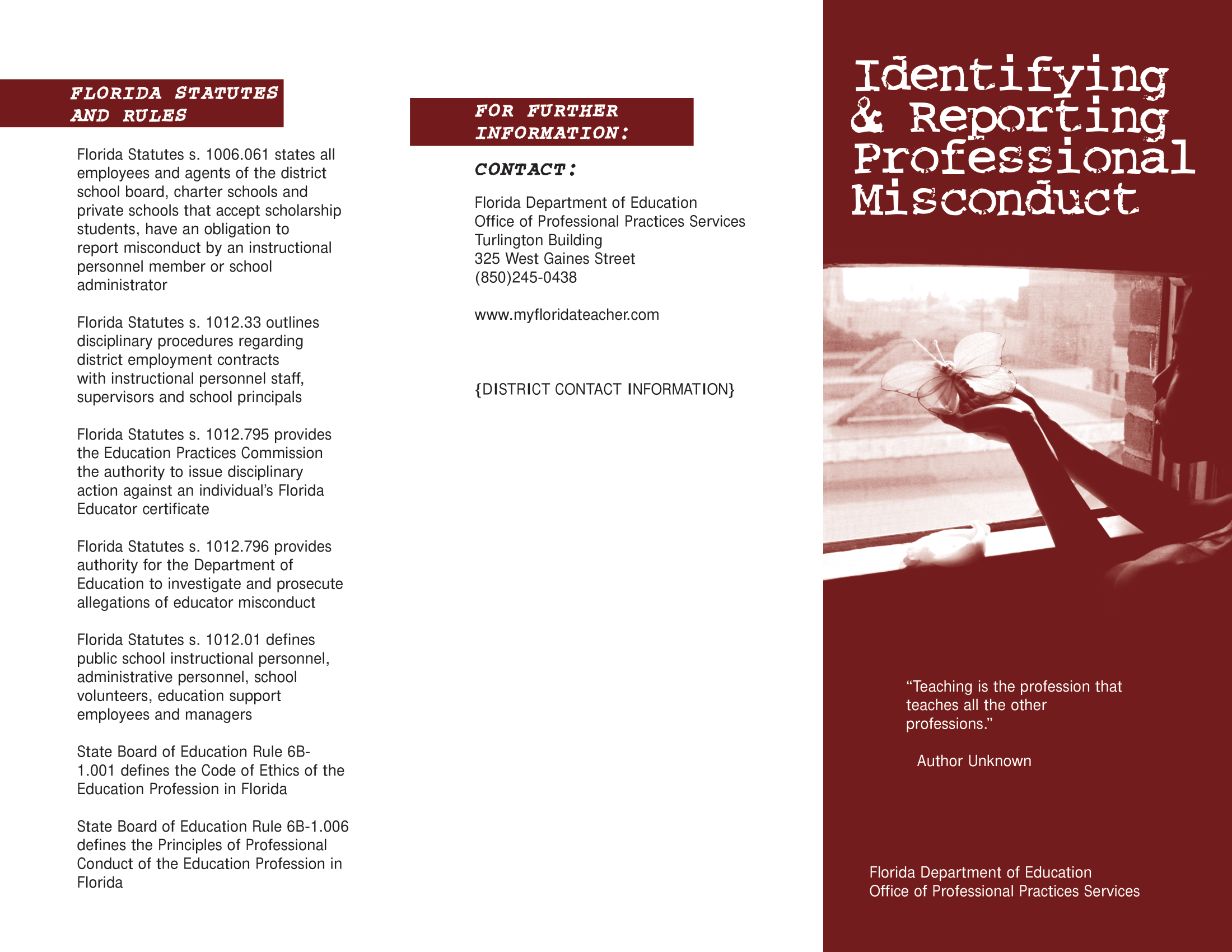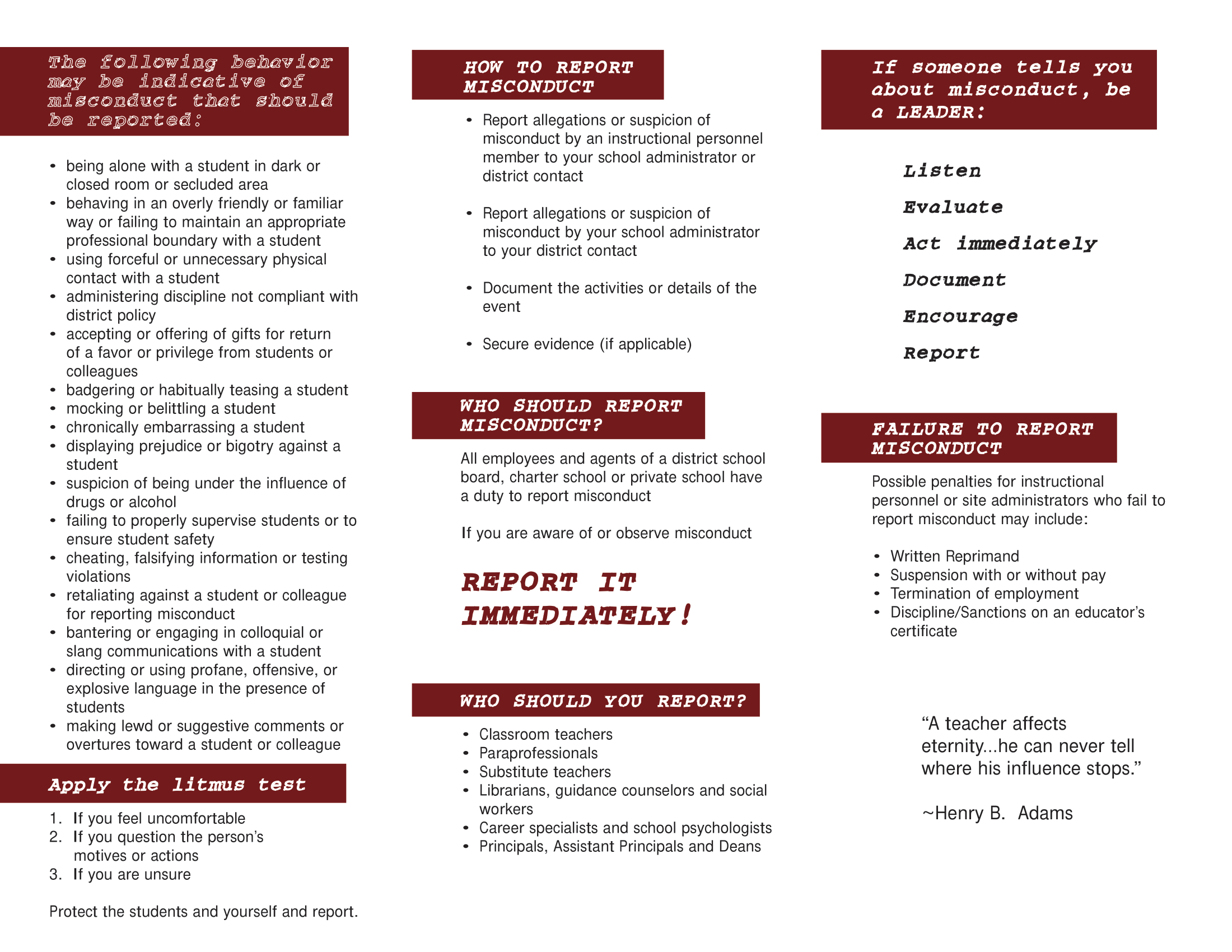Statements of Belief
1. We believe there is one God, eternally existent in three persons-Father, Son, and Holy Spirit (Genesis 1:1, Matthew 28:19, John 10:30).
2. We believe the Bible to be the inspired, the only infallible, authoritative, inerrant Word of God (2 Timothy 3:16, 2 Peter 1:21).
3. We believe in the deity of Christ (John 10:33), His virgin birth (Isaiah 7:14, Matthew 1:23, Luke 1:35), His sinless life (Hebrews 4: 15, 7:26), His miracles (John 2:11), His vicarious and atoning death (1 Corinthians 15:3, Ephesians 1:7, Hebrews 2:9), His Resurrection (John 11:25, 1 Corinthians 15:4), His Ascension to the right hand of God (Mark 16:19), His personal return in power and glory (Acts 1:11, Revelation 19:11).
4. Man is created in the image of his holy and righteous Creator and is a fallen creature who can only be restored in Jesus Christ. (Genesis 1:26 Romans 3:23)
5. The universe reveals God’s character and attributes and is something to be understood, appreciated, and used by man. (Romans 1:20; Genesis 1:28-30)
6. Salvation is by grace through faith--and that not of ourselves, it is the gift of God--not by works so that no one can boast. For we are God’s workmanship, created in Christ Jesus for good works, which our God prepared beforehand, that we should walk in them. (Ephesians 2:8-10)
Tampa Bay Christian Academy is a non-profit Christian school representing Jesus Christ throughout the evangelical Christian community. Tampa Bay Christian Academy recognizes the obligation to receive employees as servants of God, to support ministry with diligent, faithful assistance and prayers, and to stand by employees in the performance of their ministry in genuine Christian love and respect. Employees acknowledge that they are Christian role models for the students and family.
Tampa Bay Christian Academy requires its employees to be born-again Christians (John3:3, I Peter 1:23), living their lives as Christian role models (Rom. 10:9-10; 1 Tim. 4:12).
Employees will conduct themselves in a way that will not raise questions regarding their Christian testimony. A Christian lifestyle should reflect the biblical perspective of integrity and appropriate personal and family relationships, business conduct, and moral behavior.
An employee is expected to demonstrate a teachable spirit, an ability to share love for others, a willingness to live contentedly under authority, and a commitment to follow the Matthew 18 principle when an issue arises with fellow employees or administration.
Employee further certifies their commitment to the standards of conduct designated by the school.
Employee will actively attend a local church, whose fundamental beliefs are in agreement with the Statement of Faith of this school (Hebrews 10:25) of like faith and set an example for students, parents, and the community by faithfully attending in their church as God leads them.
Employee promises to fulfill their responsibilities to the best of their ability.
Employee will faithfully seek to present the Gospel to their students and their families. Employee will, in good faith, carry out the provisions of their contract, the Faculty Handbook, and the Student Handbook.
Moral misconduct such as any promiscuity, pre-marital sex, and pre-marital coexistence with persons of the opposite sex, extra marital affair, homosexuality, or other deviant sexual behavior is forbidden and as such violates the bona fide occupational requirement of being a Christian role model.
Personnel will maintain a lifestyle based on biblical standards of conduct. Failure to do so may result in a reprimand or, in some cases, dismissal from employment. There are additional grounds whereby an employee may be dismissed from of Tampa Bay Christian Academy. It is the goal of Tampa Bay Christian Academy that each employee will have a lifestyle where “...Christ might have the pre-eminence” (Colossians 1:18). I certify that I have carefully read and do understand the above statements. Further, the lifestyle described in this statement is one consistent with my own.
Transformational Education is about bringing in the kingdom of God and assisting students to participate in it.
Transformational Education embraces the Gospel as a way of life, a way of thinking, a way of doing ethics, a way of making choices, so that it cannot be segregated out from any other part of life and/or be compartmentalized.
Transformational Education embraces and synchronizes the two biblical mandates: the Great Commission (Matthew 28) and the Cultural Mandate (Genesis 1). The Great Commission emphasizes the transformation of the individual soul, mind, heart, and body. The Cultural Mandate emphasizes the transformation of culture, society, technology, and all other human endeavors.
Transformational Education works towards the transformation of all of life including culture, society, economics, and government. The principles and message of the Gospel are not confined to the pulpit or the seminary, but are carried to the court room, the Parliament session, the election, and the Board room.
Transformational Education encourages, anticipates, and welcomes change and discovery. It understands the Gospel to be oppositional to the status quo and views changes and discoveries in science, medicine, and technology as fulfillments of the Cultural Mandate.
Transformational Education is intrinsically optimistic. It views all things, institutions, and people to be under process, moving towards a final day when the ultimate conquest of Christ is concluded. When all is subjected under his feet, then the end shall come. Christians who understand the transformational power of the Gospel are optimistic agents in that transformation.
Transformational Education has a unified view of life that does not deal in false dichotomies like “sacred” and “secular,” but sees actions, thoughts, and aspirations as being “right” and “wrong,” “godly” and “not godly,” “biblical” and “not biblical.”
Transformational Education perceives all vocations, all pursuits, all endeavors as holy and godly activities when carried out by a person who has been transformed. All vocations, therefore, are priestly when carried out by Christian agents of transformation.9.focuses on the future where current students will become effective agents of transformation as governors, presidents, legislators, parents, employees, and employers.
Transformational education as practiced by member schools of Christian Schools of Florida is distinctive in the following ways:
1. Because transformational education is about bringing in the kingdom of God, it is characterized by diligence, godly optimism, the highest forms of professionalism and accountability, and receiving each child as a unique gift of God to be cherished, loved, and esteemed.
2. Schooling is one of the tools used by God to bring in his kingdom and to train his kingdom workers, generation after generation. Therefore, we embrace high standards of anticipated academic outcome and high standards of teaching. As educators, we are agents of transformation in the lives and minds of children.
3. As schools we stand apart from a somewhat prevalent version of Christian schooling that tends to glamorize the pulpit, the evangelist, and the missionary, and considers as “dirty” or “lesser” other areas, such as politics, economics, law, and government. The latter teaches a false dichotomy that speaks of “full time Christian ministry” and “lay people” and “secular” and “sacred.” This often results in a compartmentalization of the Gospel. Students educated in this fashion tend to live in two worlds with separate compartments, the world of devotion and worship, and the world of work and play.
4. American Christian fundamentalism of the 19th and 20th centuries tended to produce Christian schools that emphasized fulfilling the Great Commission but ignored the Cultural Mandate. Christian liberalism of the 19th and 20th centuries tended to produce Christian schools that emphasized fulfilling the Cultural Mandate but ignored the Great Commission. Our schools strive to be faithful to both of the biblical mandates.
5. We have an optimistic view of God and his kingdom. We do not present to students a view of life where evil is seen to be triumphing more and more and the saints being reduced in their importance and impact. We encourage students to see God and Christ as victors, whose victory has already been won, the ultimate, final display of this victory coming into view more and more, and that as Christians we are part of that victorious process. Hence, we pray, “your kingdom come, your will be done, on earth, as it is in heaven!”
6. Our schools ask for grace continually to avoid legalism which tends to externalize the Gospel by setting up certain standards of dress, appearance, and lists of do’s and don’ts and to equate these with godly morality. We understand all too well how students learn to “play the game” in such a system, and then to reject it when they leave the school, supposing this to be the Gospel. We also ask for grace continually to avoid moralism, which tends to “teach a lesson” (usually of a negative nature and usually by “telling”) through every situation rather than to guide students through individual, Spirit-led decision making and choice selection, and practicing patience to allow students to learn by making poor choices. And yet, we teach and strive to live by the principles of Scripture and to follow the One who said, “If you love me, you will obey what I command.”



